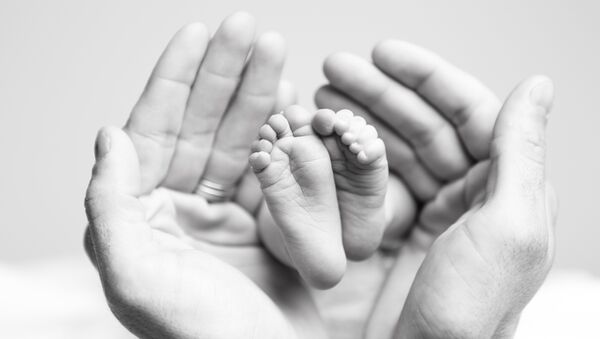The Finnish fertility rate is in decline, according to new figures from Statistics Finland. Last year 55,472 children were born, which is 1,760 fewer than in 2014. This last time this few children were born in Finland happened in 1868. At that time, Finland was harrowed by famine, which caused a dramatic decline in birth rates, as some 270,000 people died of starvation.
Some Finish couples postpone having children or go without children altogether, whereas others have fewer children both in comparison to earlier generations or than originally planned. The percentage of childless women over 35 years of age has risen by roughly 10 percent over the last 20 years. About 20 percent of these women are forecast to remain childless for their entire lives. Among men in the same age bracket, the childless percentage is already at over 40 percent.
Anneli Miettinen, a researcher at the Family Federation of Finland, states that lower birthrates are not typical of Finland alone, but rather are a trend which is seen across vast parts of Europe.
"Especially in central Europe and German-speaking countries, fertility rates have been running at under 1.5 or 1.4 children per woman. In comparison to them, we are actually in a fairly good position," Miettinen told Finland's national broadcaster Yle on Monday.
Notably, Family Federation revealed how Finns' perception of an "ideal" number of children has changed over the years. For decades, two or three children were considered perfect, whereas recent surveys indicate that a majority would rather settle for two. A growing number of people say one or even none is enough.





